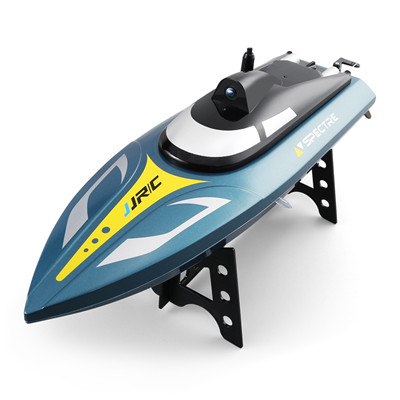RC cars are more than recreational toys; they serve as valuable tools for STEM (Science, Technology, Engineering, and Mathematics) education, promoting learning through hands-on play. In this article, we’ll explore how RC cars contribute to STEM education and skill development.
Physics and Mechanics RC cars provide practical lessons in physics, mechanics, and engineering principles related to motion, forces, and energy.
Electronics and Technology Enthusiasts gain insights into electronics and technology as they learn about circuits, batteries, motors, and radio systems.
Problem-Solving Skills RC car enthusiasts develop problem-solving skills as they troubleshoot issues, fine-tune components, and optimize performance.
Programming and Automation Advanced RC cars with programmable features introduce enthusiasts to coding and automation concepts.
Team Collaboration RC car projects encourage teamwork and collaboration as enthusiasts work together to build, customize, and race their vehicles.
In Conclusion RC cars contribute to STEM education by teaching physics, mechanics, electronics, problem-solving skills, programming, and teamwork, providing a holistic and engaging approach to learning.


























